Team

Caroline Lehmann
The University of Edinburgh and Royal Botanic Garden Edinburgh, United Kingdom
I work on improving our understanding of the ecology and evolution of tropical ecosystems, specifically savannas. I do this via linking remotely sensed data, experimental data, meta-analyses and field observations. My current field research program focuses on understudied regions such as Madagascar, southern Africa and South-East Asia and how improved understanding of these regions can inform understanding of community assembly and dynamics of grassy biomes.

Sally Archibald
University of the Witwatersrand, South Africa
I work on understanding the dynamics of savanna ecosystems in the context of global change. My work integrates field ecological data, remote sensing, modelling, and biogeochemistry. I am involved in collaborative research projects with Yale University, Edinburgh University and the University of Liverpool among others which variously work on fire-grazer interactions, inter-continental savanna comparisons, the importance of land-atmosphere feedbacks, and pursuing a global theory of fire.
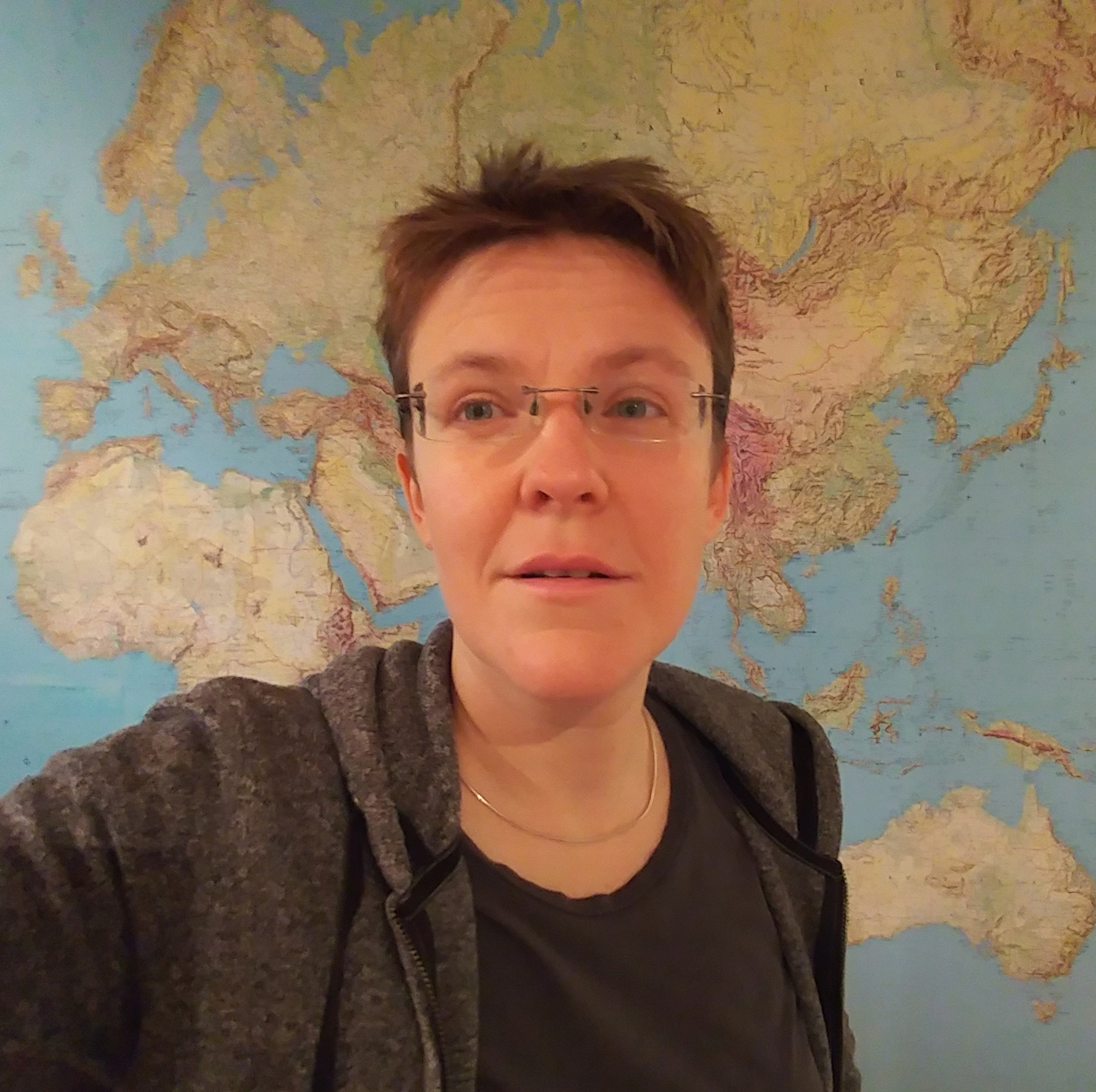
Bat Vorontsova
Royal Botanic Gardens Kew, United Kingdom
I study grasses and everything about them, with a particular focus on tropical African diversity and poorly known lineages, their evolutionary history, and the history of tropical grasslands and savannas. I use herbarium based alpha taxonomy to enrich our understanding of ecosystems and their function. My main research direction is a full taxonomic treatment of Poaceae for the Flora of Madagascar, a long term project incorporating a range of ecological, phylogenetic, ethnobotanical, and horticultural work.

Anya Courtenay
The University of Edinburgh and Royal Botanic Garden Edinburgh, United Kingdom
I manage the GGG database, collect field data and support analyses. My research focuses on the functional biogeography of savanna and grassland vegetation with aim to uncover the environmental complexities of habitats occupied by distinct plant communities, especially where underground trees occur in the Afrotropics.

Gareth Hempson
University of the Witwatersrand, South Africa
My research interests lie in understanding how large mammal herbivores shape vegetation communities in African ecosystems - both at very large scales and via interactive effects with fire. I am currently analysing patterns of historical herbivore biomass and fire at the continental scale in Africa. My field research explores grass community responses to frequent grazing.

Jakub Wieczorkowski
The University of Edinburgh and Royal Botanic Garden Edinburgh, United Kingdom
I am a PhD student interested in the intersection of ecology, biogeography and data science with the aim to understand the biodiversity change in the grassy biomes. My current research focuses on the effects of woody encroachment and fire suppression on ground layer diversity.
Data contributors and students

Olinirina Nanjarisoa
Kew Madagascar Conservation Centre, Madagascar
I have studied grass taxonomy since 2013, and I am the first Malagasy botanist specialized in Poaceae. Over time, my career has expanded into other aspects of grasslands. My current PhD research focuses on plant diversity and livelihoods in the grasslands of the central highlands in Madagascar to demonstrate their origins, importance in conservation and use by local communities.

Fenitra Randrianarimanana
Kew Madagascar Conservation Centre and University of Antananarivo, Madagascar
I am a PhD student working on the taxonomy of grasses, especially the Poaceae species found in the malagasy grasslands. My research interests involve studying every contribution of grasses and grasslands to human activities, from their origins to their uses in farming and weed management.
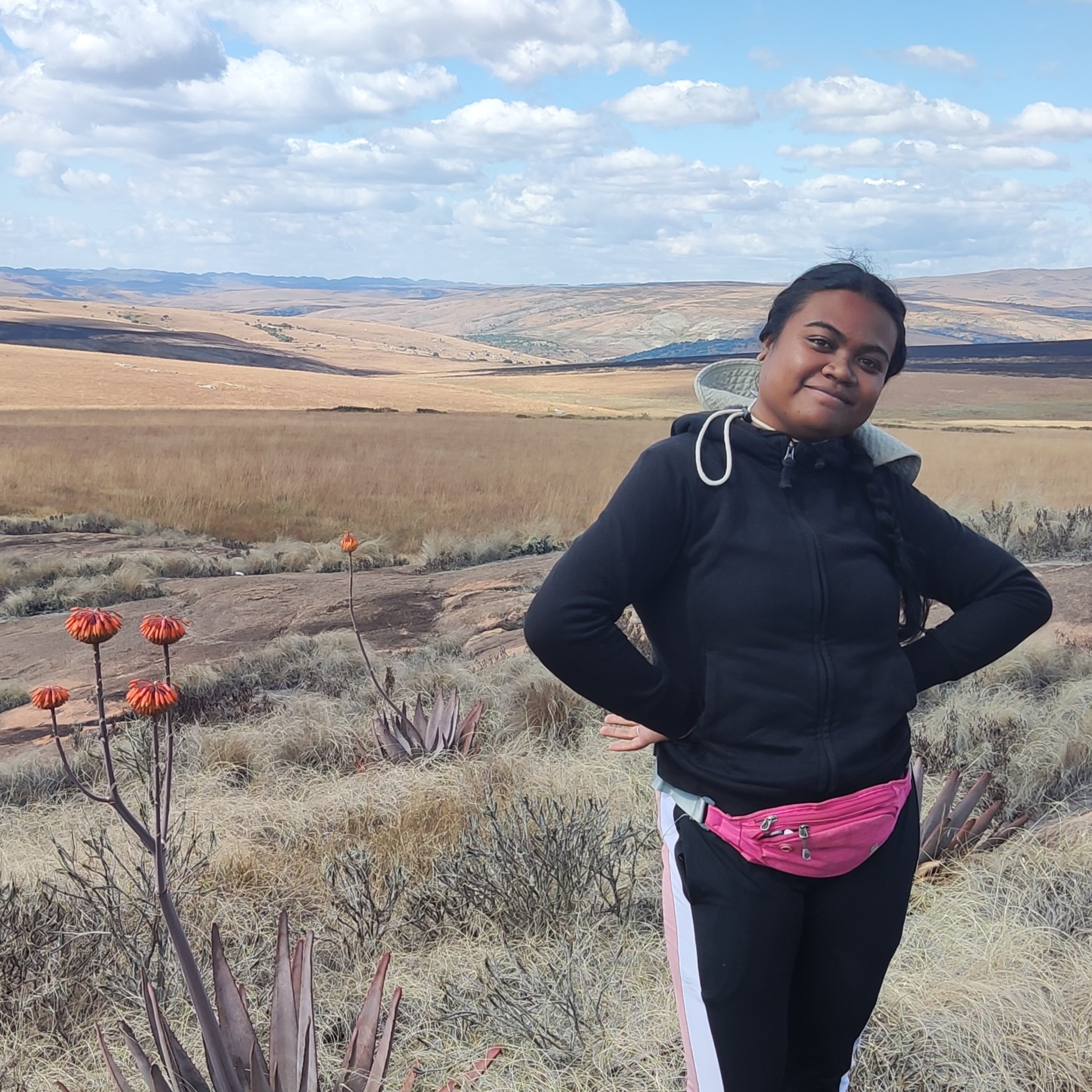
Diana Rabeharison
Kew Madagascar Conservation Centre and University of Antananarivo, Madagascar
As a research assistant, I conduct extensive fieldwork in Madagascar to understand how vegetation and biodiversity influence carbon stocks, focusing on the central highlands of Madagascar. My work explores the impacts of land-use changes and Pinus invasions on carbon storage, while forecasting potential future shifts in carbon dynamics and biodiversity.
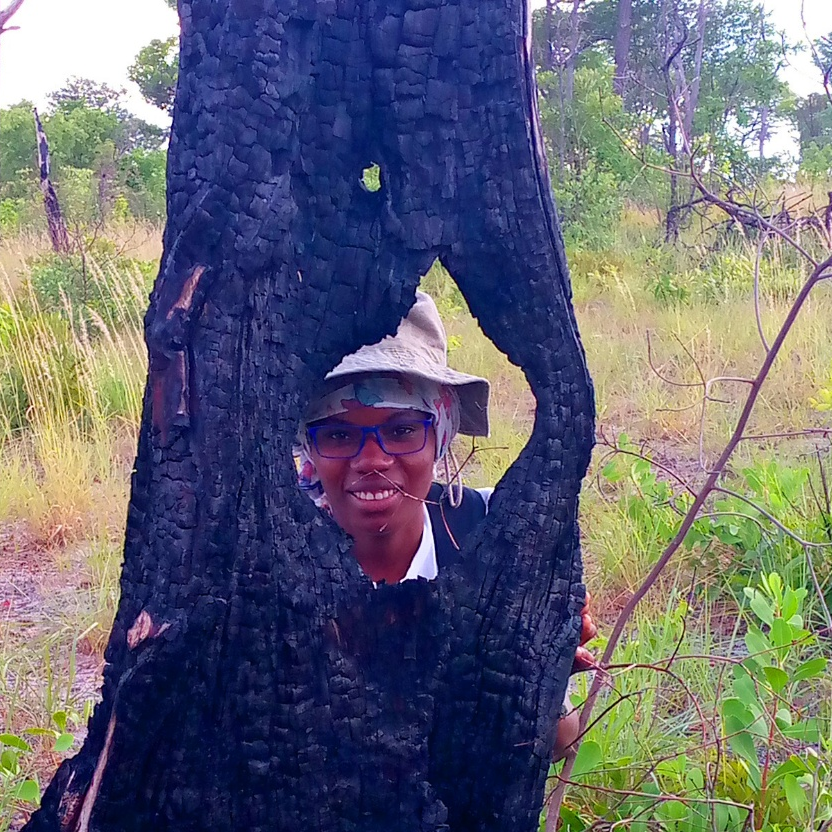
Ruth Cristóvão Francisco
Instituto Superior Politécnico Tundavala, Huíla-Lubango, Angola
I have a deep interest in the study and preservation of African tropical flora, especially in the field of plant taxonomy and how each species tells part of the story of our ecosystems. I am a master’s student in Biodiversity, Genetics and Conservation and am currently conducting research on the endemic flora of the Humpata Plateau. My work aims to create a digital platform that gathers and makes information available on these species, as well as mapping their potential distribution.
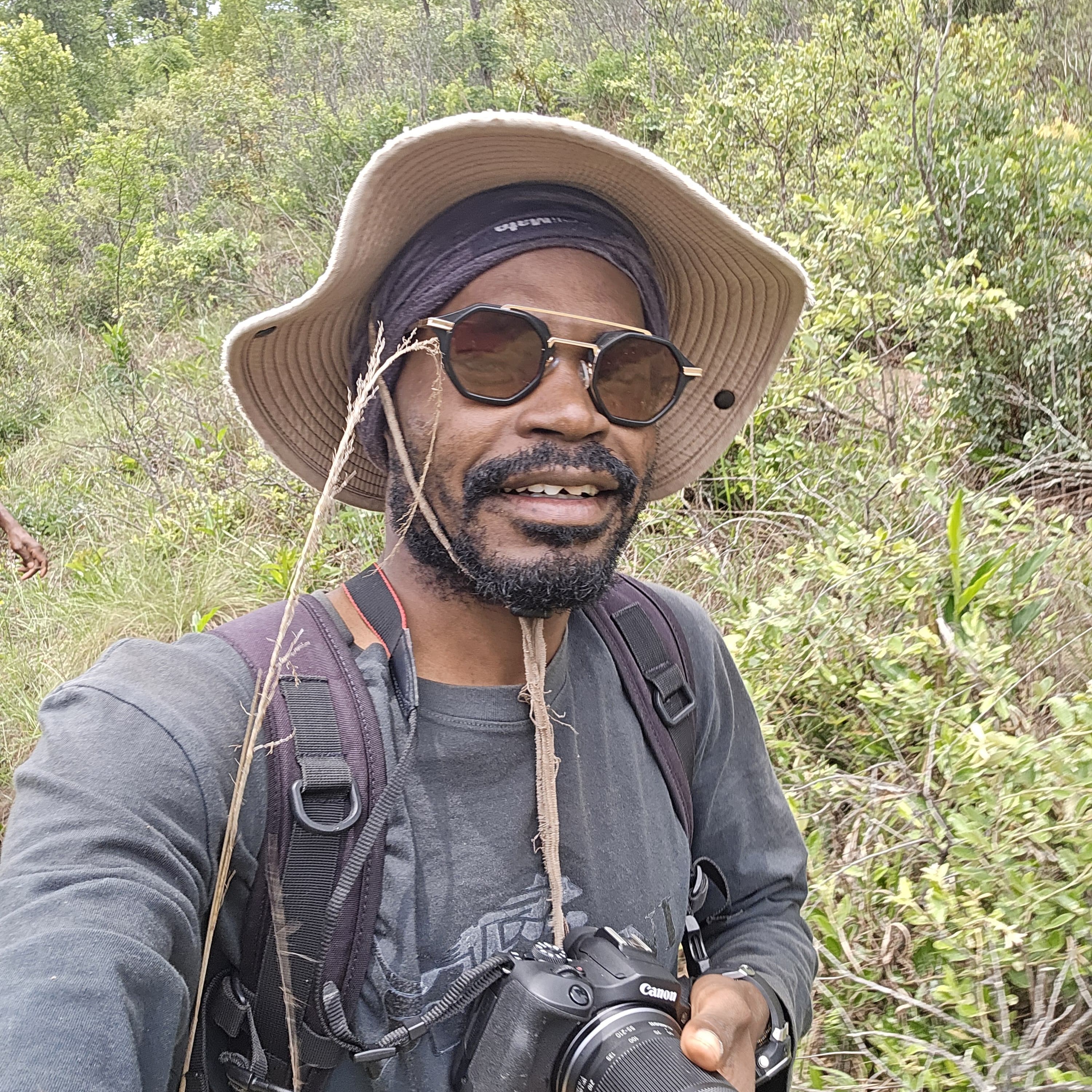
Telmo António
Lisima Foundation, Angola and The University of Coimbra, Portugal
My PhD research aim is to understand whether fires threaten the existence of the large peatlands on the headwaters of the Okavango in Angola and how peatland agriculture interacts with fire. I am comparing the impact of early and late fires on peatlands and analyzing the changes that agriculture brings.
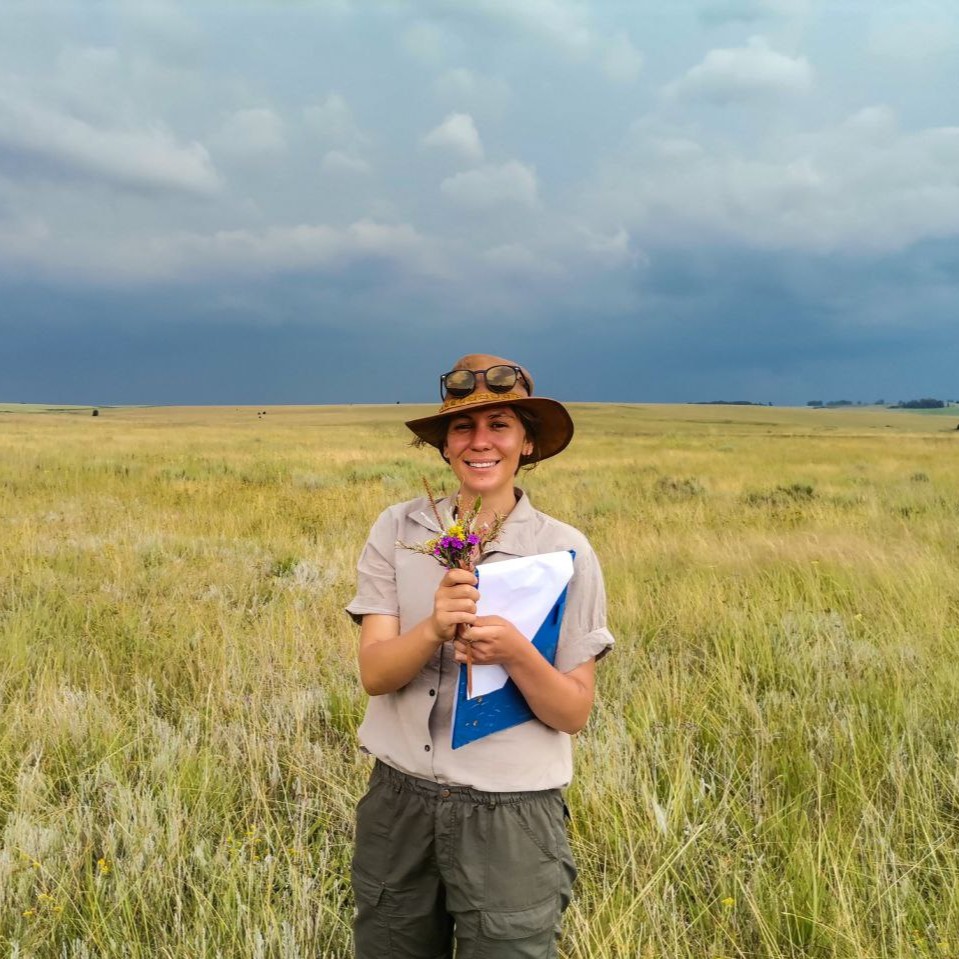
Eulalia Jordaan
North-West University, South Africa
My masters project aims to quantify the effects of long-term agricultural practises like ploughing on floristic and functional diversity in two different grassland vegetation types (drier and wetter) in the Highveld, South Africa. It has been particularly interesting to see the effect that (mis)management has had on not only the species diversity of recovering old-ploughed sites, but also the natural grasslands.
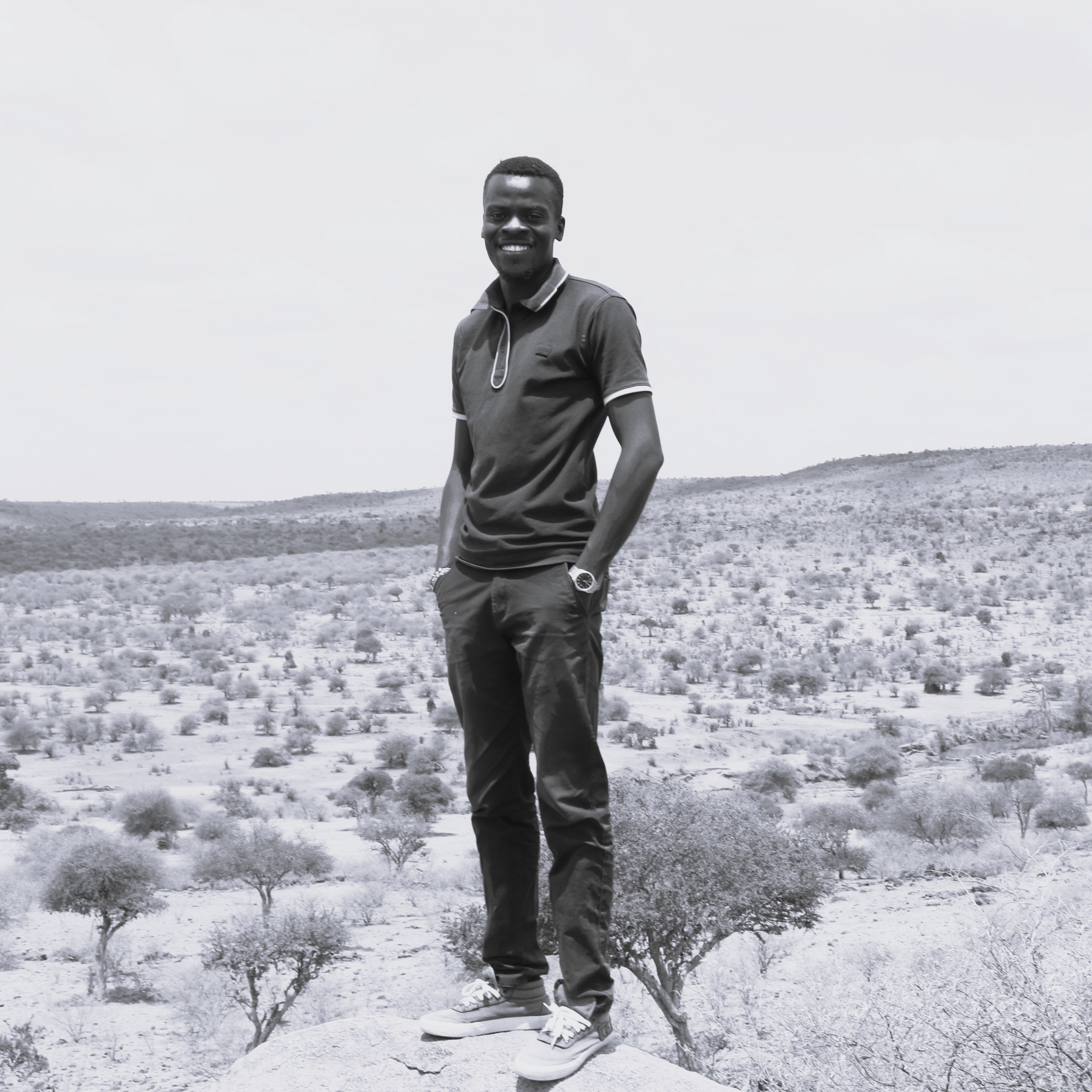
Robert Ang’ila
Karatina University and Mpala Research Centre, Kenya
My research examines the responses of savanna ecosystems’ herbaceous layer to disturbances, such as livestock stocking rates and prolonged droughts. I also investigate how fine-scale edaphic variations influence the movements of large mammalian herbivores.
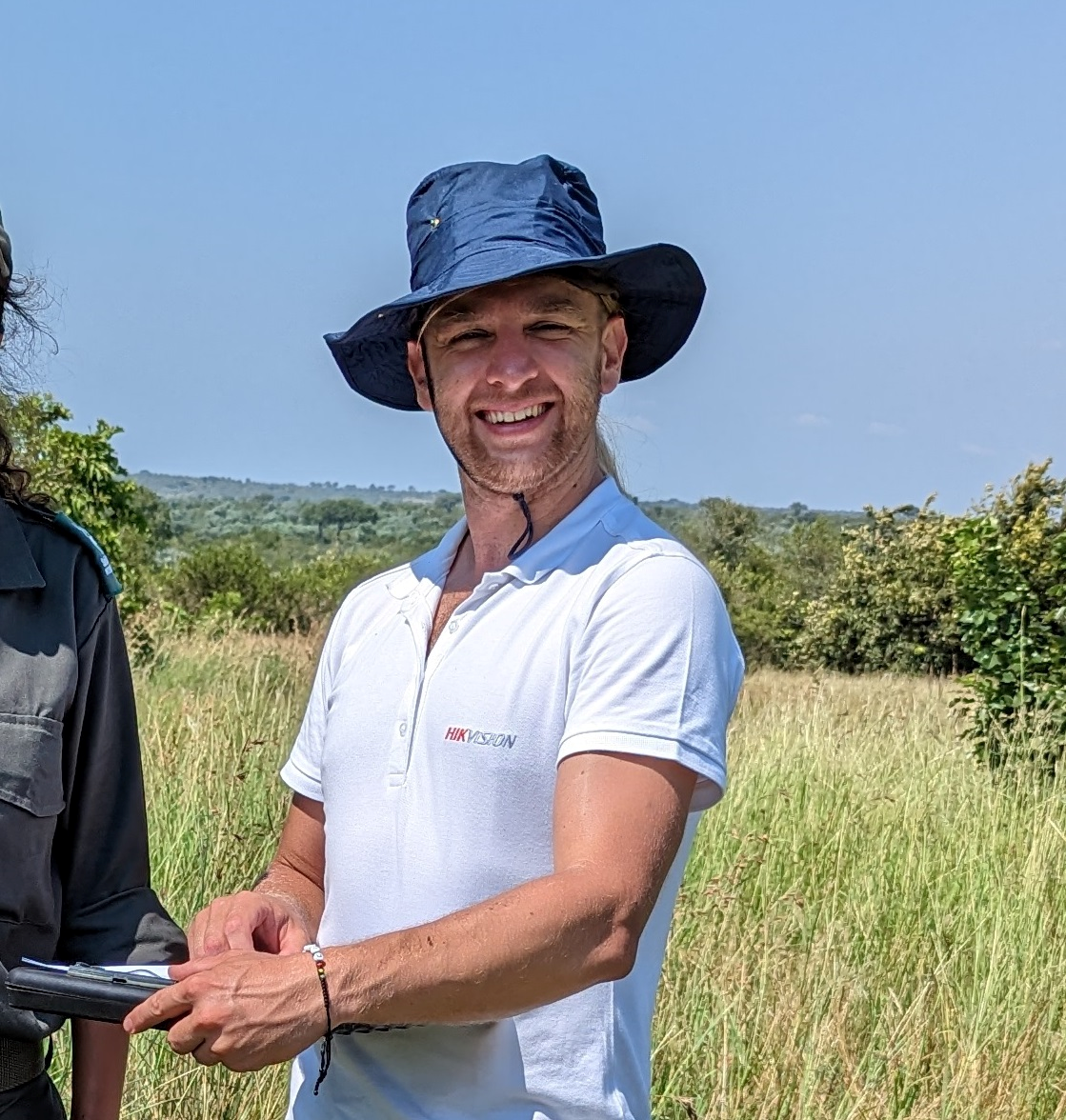
Víctor Fernández García
University of León, Spain
As an ecologist and pyrogeographer, my research focuses on advancing a comprehensive understanding of fire regimes, encompassing their characterization through remote sensing methods and the examination in the field of the relationships between fire, vegetation, and human societies. My work has primarily targeted Mediterranean and temperate forests in Europe, as well as tropical grasslands and savannas in Africa.
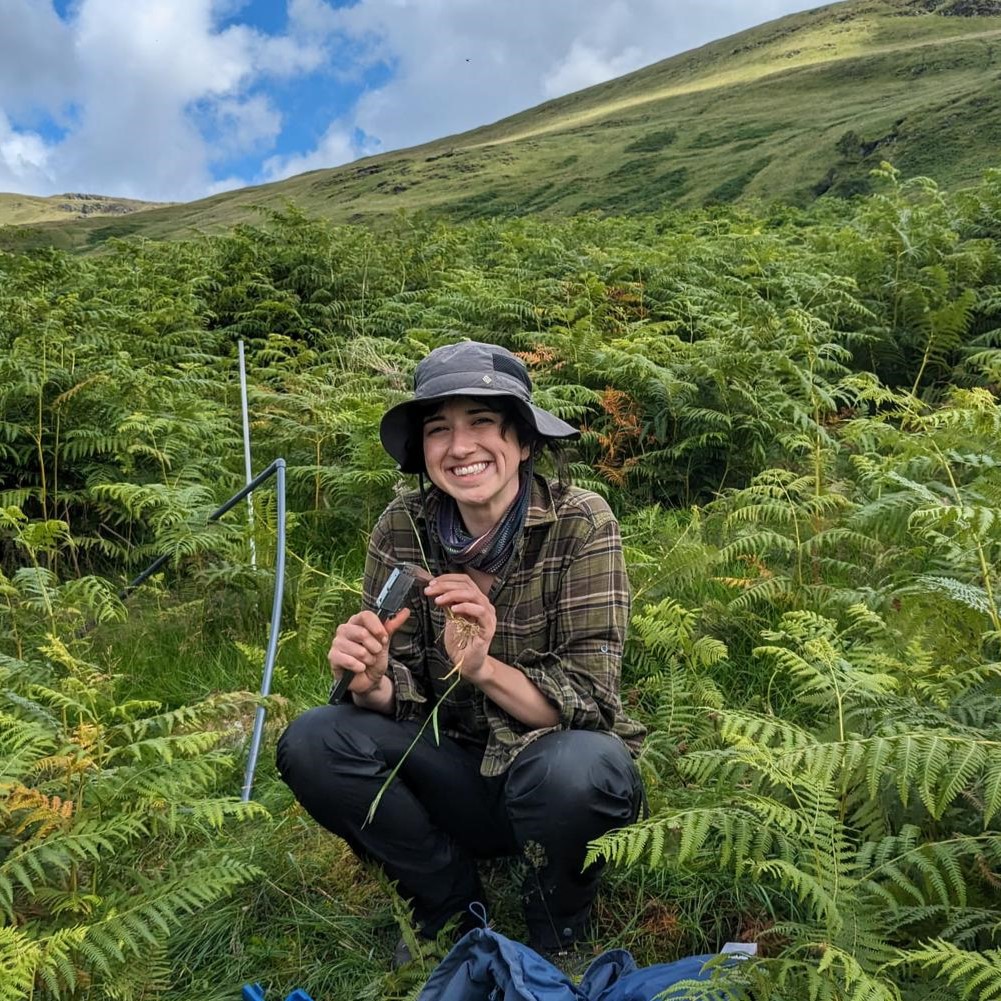
Susan Eshelman
The University of Edinburgh, Royal Botanic Garden Edinburgh and Royal Botanic Gardens Kew, United Kingdom
I am a PhD researcher looking at grassy ecosystems globally. In particular, my research explores how environmental drivers and disturbances shape grassland ecosystems, focusing on the functional traits of grasses in Madagascar and Scotland to understand ecological patterns across tropical and temperate biomes.

Tshering Dorji
The University of Edinburgh and Royal Botanic Garden Edinburgh, United Kingdom
I am interested in grasses and the ecology of Himalayan grassland ecosystems and understanding their links to the environment, climate and people. I am currently studying the dynamics of woody encroachment in Bhutan’s open ecosystems and the impacts on biodiversity, soil and communities by combining remote sensing, functional ecology and social research.